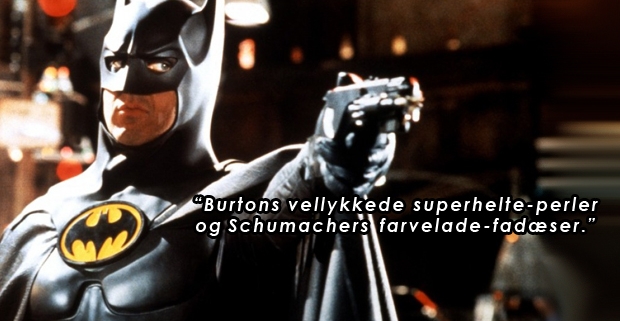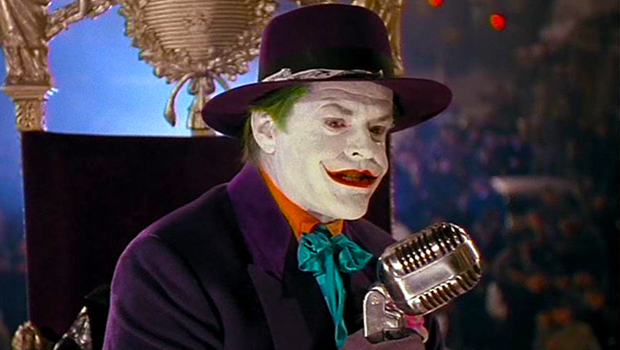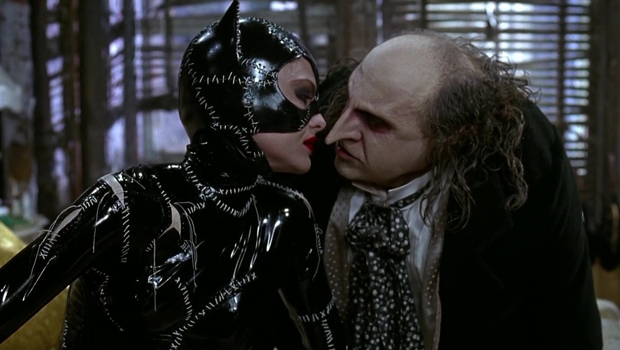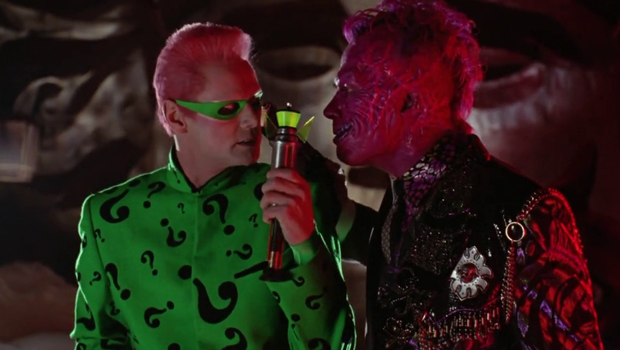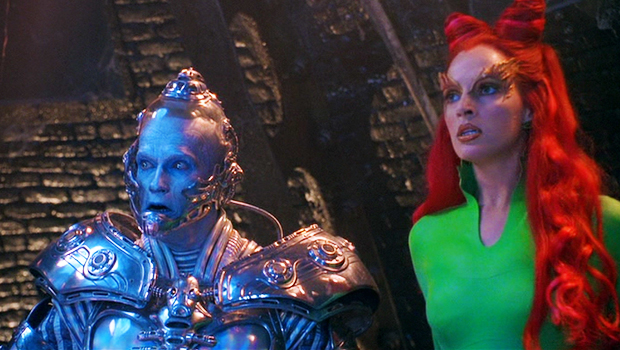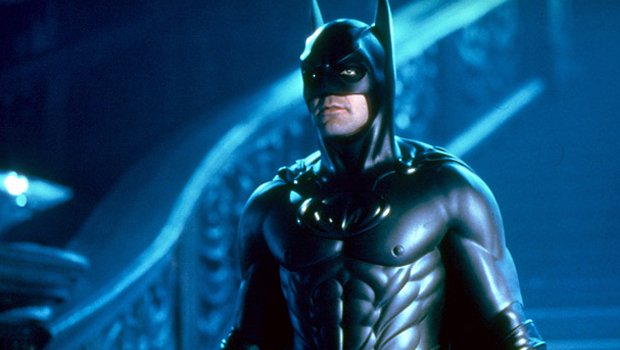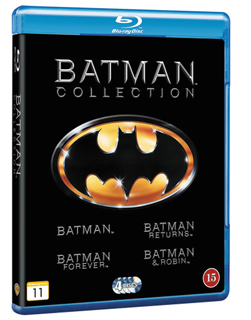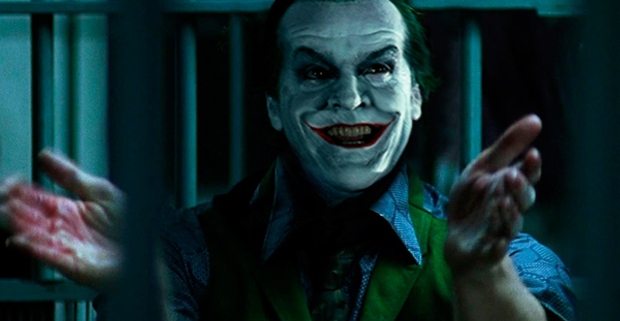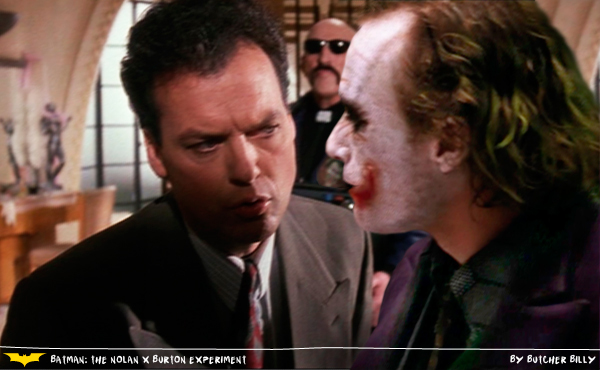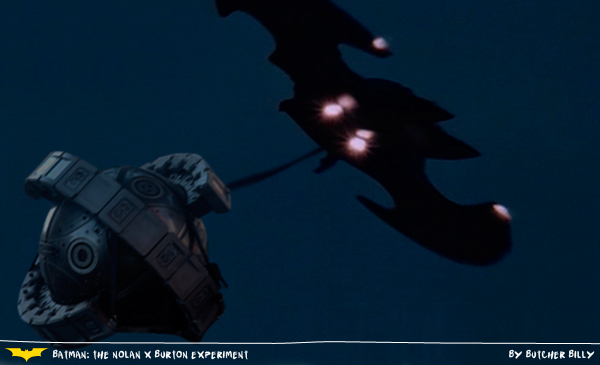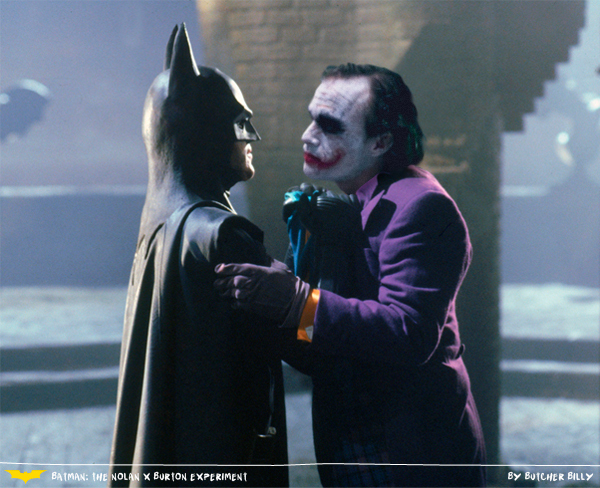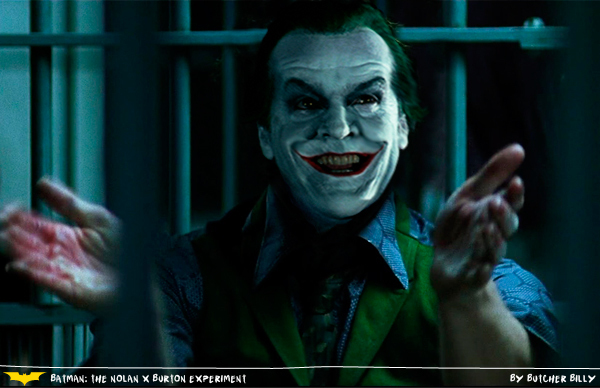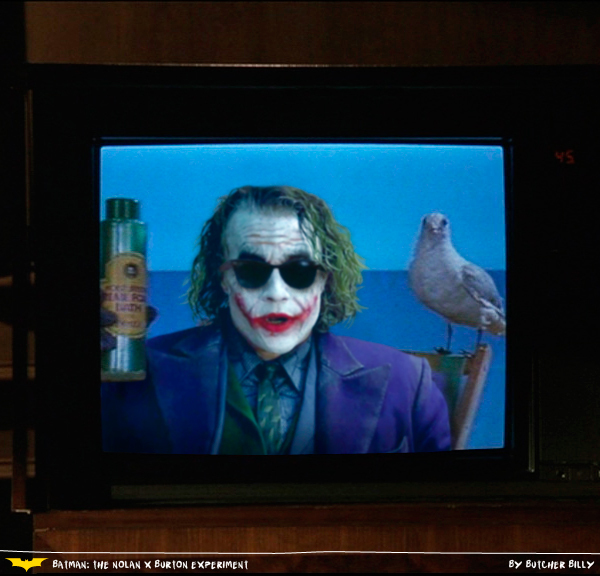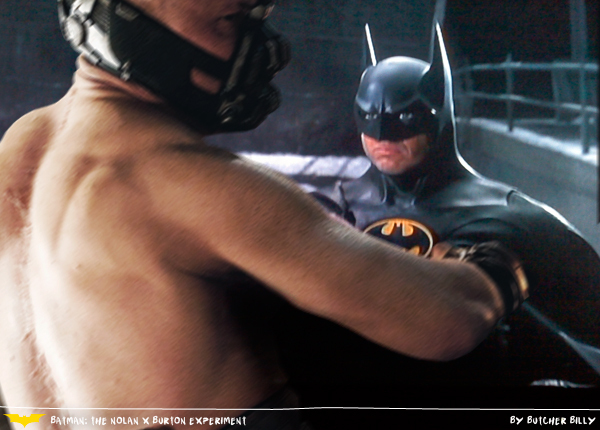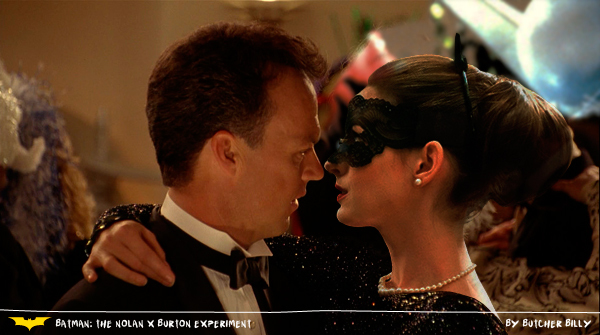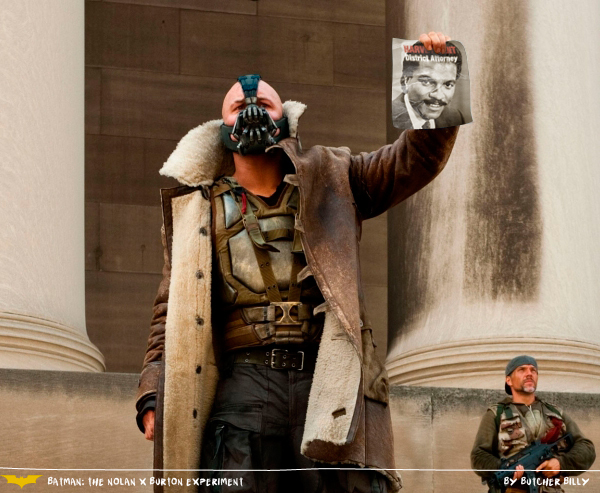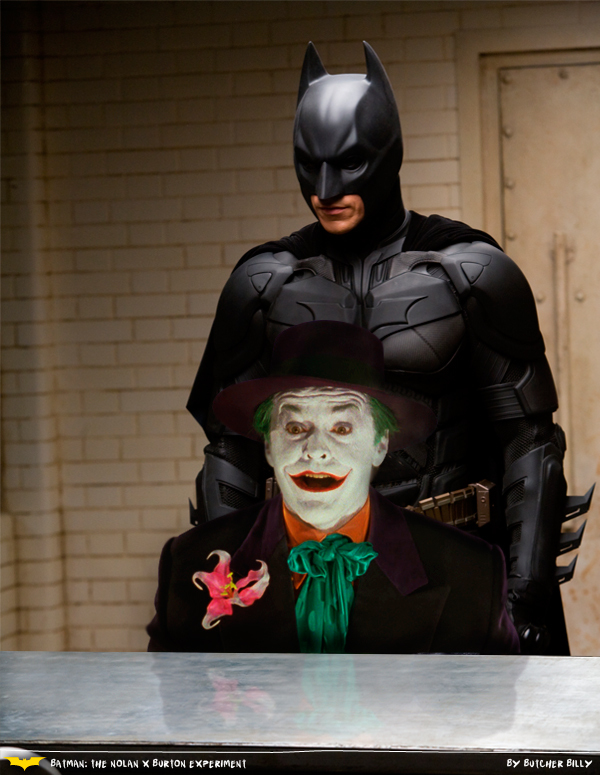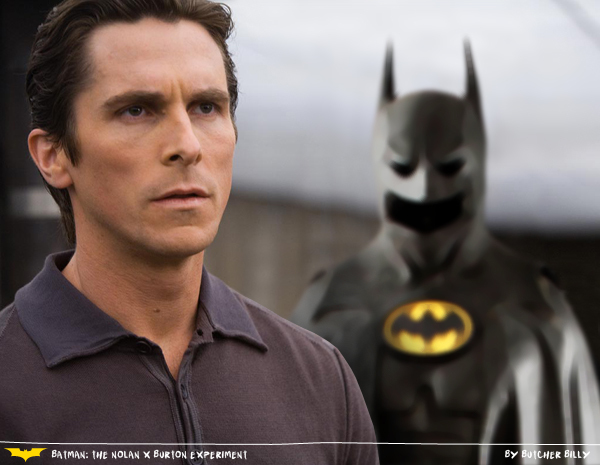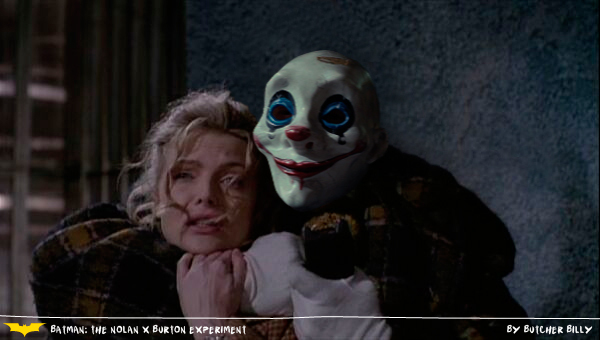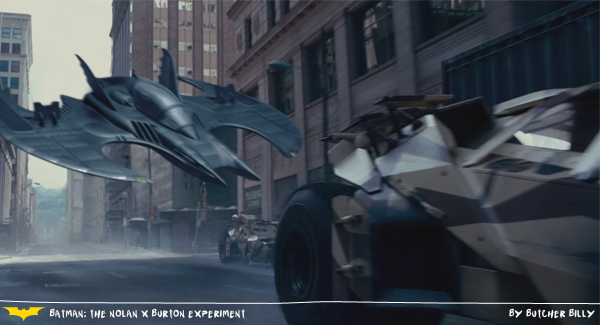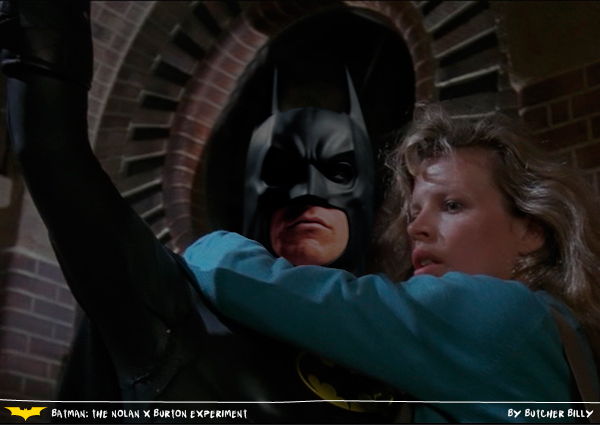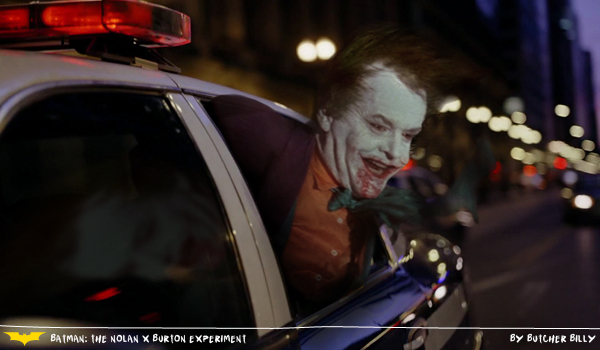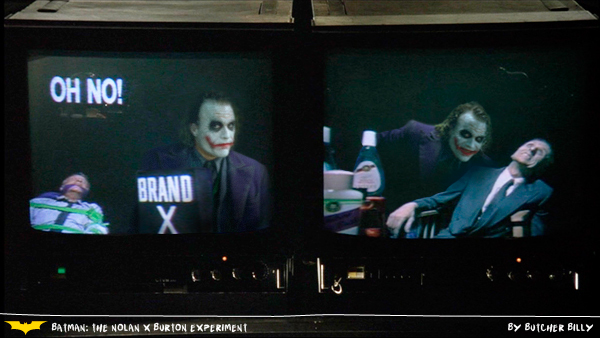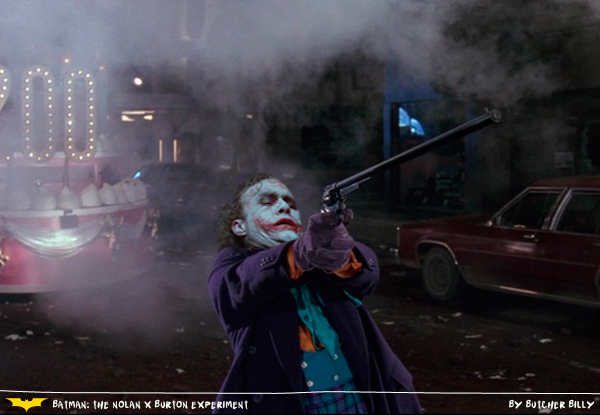INTERVIEW: I forbindelse med udgivelsen af Tim Burtons seneste film, den eventyrlige Miss Peregrine’s Home For Peculiar Children, bringer Filmskribenten.dk med stolthed et interview med den legendariske instruktør om blandt andet arbejdet med filmen, hans inspiration og barndom.
Tim Burton er som bekendt manden bag blandt andet fremragende film som Beetlejuice, Batman, Edward Scissorhands, Ed Wood, Mars Attacks! samt Corpse Bride – og med denne hans nyeste film er han tilbage med sit umiskendelige burtonske eventyrunivers.
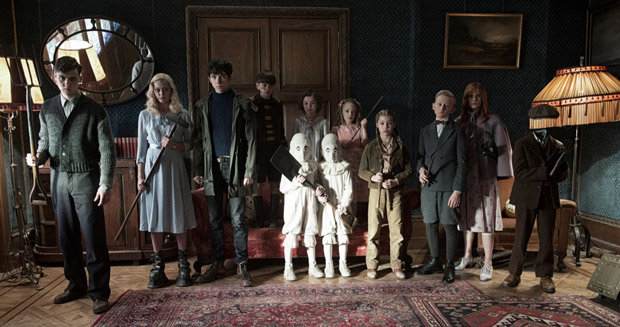
When you first read Ransom Riggs’ book, Miss Peregrine’s Home for Peculiar Children, what did you make of the photographs in it?
Well that’s what drew me to it. That’s the thing I liked the most about it, was that the story was based on those old photographs. I don’t have as big a collection as he has, but I look at and collect some photographs, and I just love the mystery of them and the poetry, and the creepiness, and that there’s a story but you don’t really know what it is. It just sort of spurs your imagination to make up your own story about these things and I just thought it was an interesting way to approach the book.
Did the visual element of the book make it more complex to adapt?
The thing about the photographs is that you sort of feel things but you don’t really know everything. To try to keep the mystery without explaining everything, that aspect of it was important. Just to try to get the vibe of that, so that it’s not about, ‘Well why does this boy have bees living in him?’ It’s just to try to keep that slight air of mystery about it, where you can make up your own mind and find out your own feelings about it.
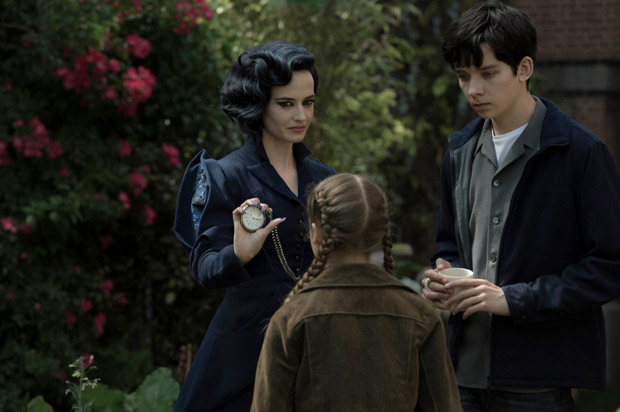
Why did you choose to film in Blackpool, the seaside resort in the north of England? Am I right in thinking that you have filmed there before?
Yes, and that place says a lot about me! I did a Killers video there as well. There’s just something about it. I grew up on the west coast of California, and the Santa Monica pier was a similar thing. They shot a few movies there – they did this movie called Night Tide where Dennis Hopper plays a sailor who finds a mermaid. I used to go as a teenager, that sort of Quadrophenia lonely person on the dilapidated amusement pier – that just always spoke to me, and I think that’s why I kind of like Blackpool.
When did you first become familiar with the book?
It was a couple of years ago. I don’t know if I saw the book when it first came out, but somebody sent it to me. I didn’t really know that much about it, and it was good in a way because you get something fresh where you don’t have any preconceptions about it. I wasn’t reacting to whatever The New York Times said – I was just sort of reacting to it, and there was something very positive about that.
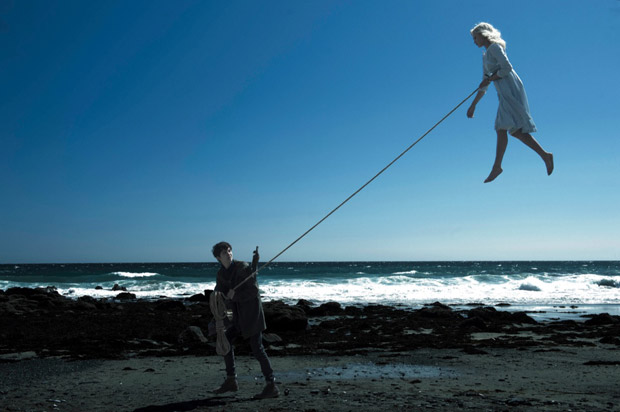
Some have pointed out the similar premise to the X-Men film. How does Miss Peregrine fit into the landscape of superhero films?
Obviously the superhero genre is alive and well, but with this I never quite saw it that way. I always felt this was a more human version of that kind of thing, and I always saw it as less of a superpower and more of an affliction. Each kid had their own peculiarity, that’s what I was interested in. It wasn’t, ‘we’re going to save the world.’ It was, ‘we are who we are and this is our thing, and maybe we can help to get out of a problem, or deal with an issue.’
Why is it important for children to see stories like this?
If you go back before films to fairy tales – those are horrible stories. They’re graphic, grotesque, with mothers eating their children. I just always believed, that when you’re new to life, everything is just abstract. It’s horrible imagery, but they’re somehow processing something that you don’t intellectually understand yet as an adult. I think that’s an interesting thing about the power of those kinds of stories, or myself growing up with monster movies and fantasy movies. They’re not real, but they are real to me, and they help process whatever psychological things you’re trying to understand in your life.
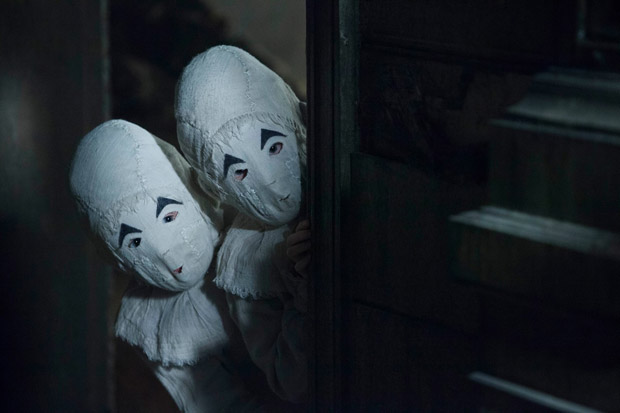
In the story the children are living the same day on a loop. Have you had any filmmaking experiences so gratifying that you’d relive them on loop?
Well, every day feels like it’s a loop on a film. it’s a weird concept, and I didn’t want to get too involved in the overly technical aspect of it. Growing up in Burbank or wherever you live, you feel that kind of feeling a lot, like you’re in this kind of weird bubble, and you’re in this sort of weird time warp. It’s something that didn’t feel that unusual to me, that feeling.
What were you like as a child?
Well, I mean, I feel a bit like Benjamin Button. I’ve talked to a lot of kids this way. When I was young, I felt like I was about 80 years old, and I think just this morning I hit 13. That’s why I give kids more credit. Parents go, ‘Oh, that’s too scary.’ It’s like, kids know their own boundaries with this sort of stuff. I think that you sort of always feel the same way, in a funny way. I was kind of the same as now, only smaller.
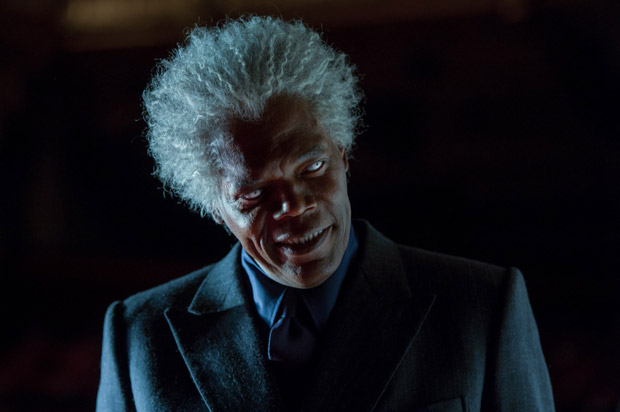
Why was Samuel L. Jackson right for the part of Barron, the bad guy?
Well, Sam is a guy I just always wanted to work with. He works a lot, but he’s one actor where I don’t get tired of him. If he’s in a movie, I just want to see it. Also, it was great to give him a look that he’s never had before, and to give him a different vibe. The poor guy, it’s like, ‘Would you mind if we wire you and yank you across here?’ or ‘Oh, we’re going to set you on fire today.’
With a reputation like yours, do you become more self-aware of how a ‘Tim Burton’ movie feels?
It’s a very interesting point, and if you ask anybody who is around me, to my own detriment, I’m very techno shy – I don’t go on the internet. I spent my whole life as a child always categorising that I was that thing, I was ‘the weird kid’. So you spend your whole life trying to become a human being, and then I kind of hit a point where I became a human being, and then I became a thing again, so I just avoid that very strongly. I don’t like hearing about myself, I don’t go on the internet. I just don’t do it, because of that reason.
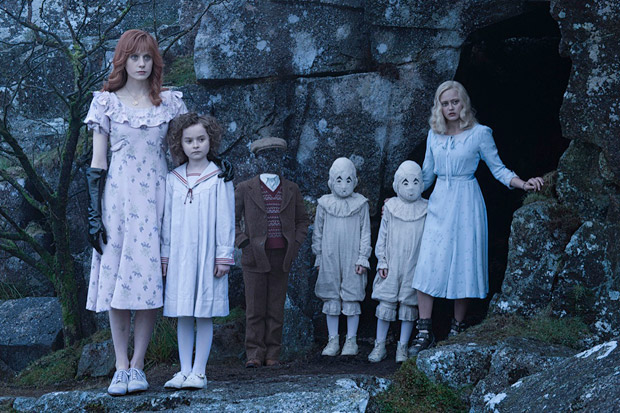
How does having a cast of children affect the process? Some were studying for exams. Is that an added stress?
They’re all different ages so it was all over the place. It was interesting because they were all doing that, but they bonded. That made me feel good because they became a group, just fending off their own school work. They were a good bunch of kids, but no, you’re right, it does take patience.
How was it to work with Judi Dench?
Oh, well she’s great. She caught the crossbow on the first take. She’s a real professional. Again, it’s funny to work with these kinds of people, like Sam and her, in a different way than they’re kind of used to. It’s not your typical Dame Judi Dench type movie, whatever that is. But the amazing thing is meeting people like that that have been through so much, and that they still have that spark and curiosity and artistry and positive spirit.
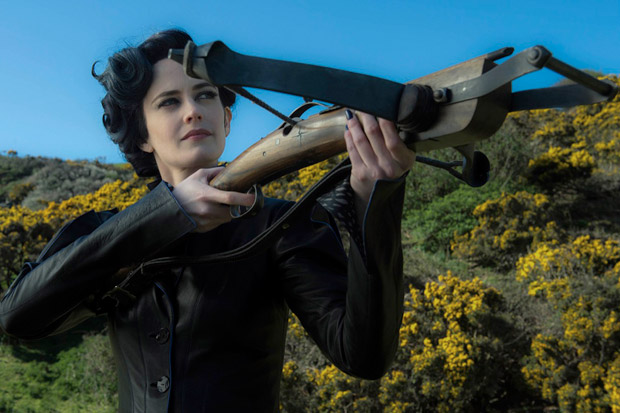
Do you enjoy the day-to-day? Is being on set the biggest thrill?
It’s the most interesting, because it’s where it’s all happening and everything goes wrong, so you feel like a manic-depressive – ‘Have I taken my medication today?’ You’re up and down. Look, there’s no complaints because there are much worse jobs to have, and it’s a great thing. Yes, I much prefer that than I do, say, trying to pitch it to the studio, or talking about it afterwards. Because you’re just kind of in there, and all the outside bizarre bureaucratic things go away, and you’re just left with the elements, which is the best.
You filmed a portion of this movie in Florida. Is that your first time shooting there since Edward Scissorhands?
Yes. In fact I visited the neighbourhood there, and the thing that struck me the most was that the trees were like 50 feet tall. That made me feel really old. You go to this neighbourhood and don’t recognise it. It’s a funny place, Florida. But that was in the book, so I didn’t make that one up
– Miss Peregrine’s Home For Peculiar Children udkommer på dvd, Blu-ray og Ultra HD den 16. februar.
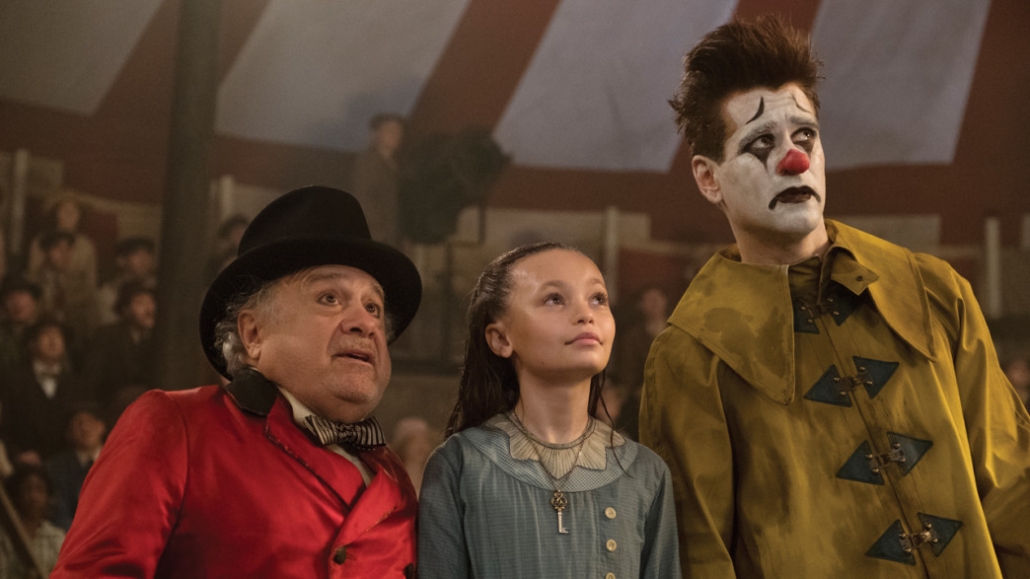
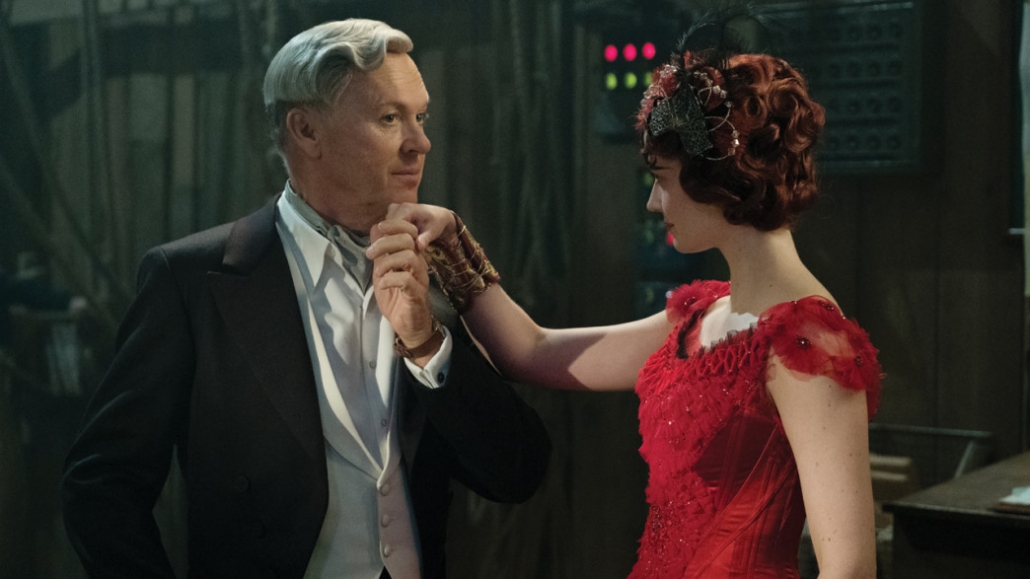
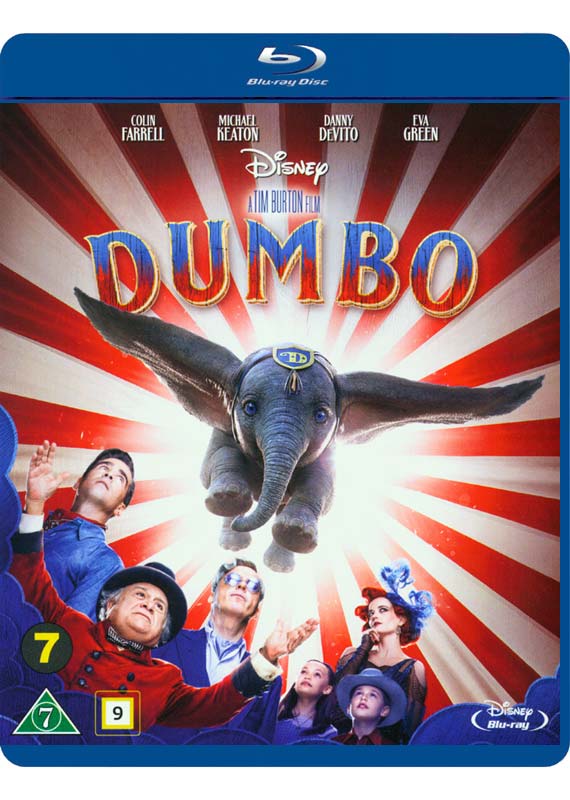

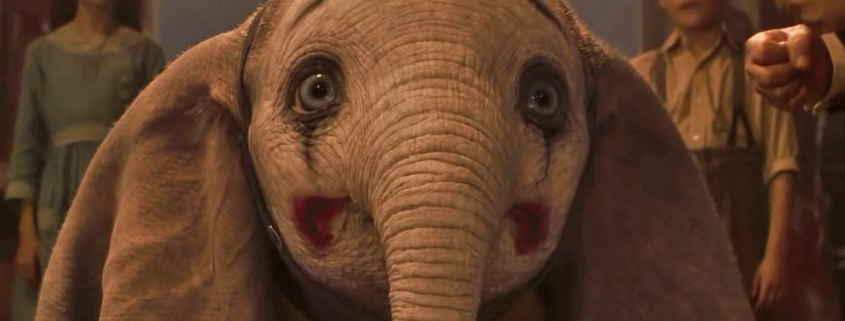

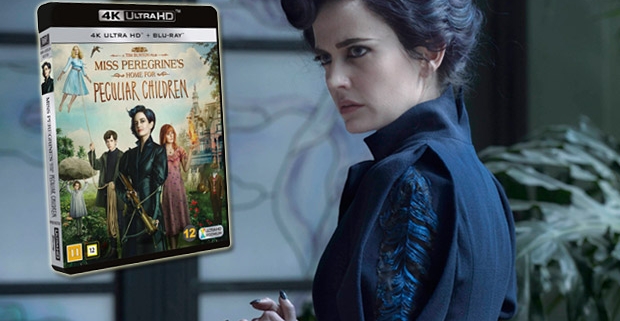
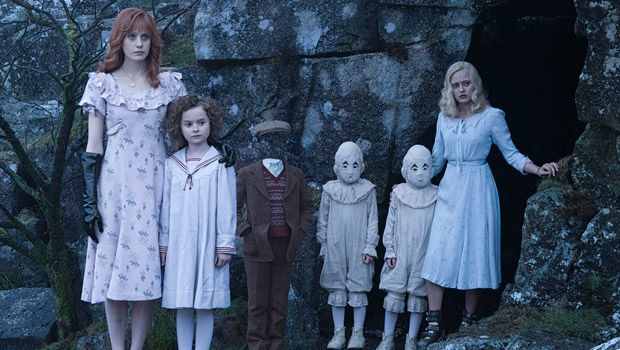
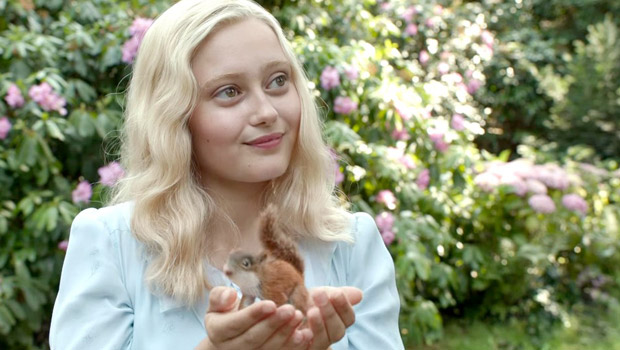
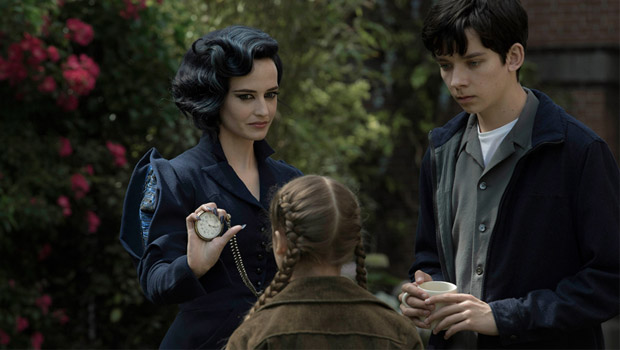
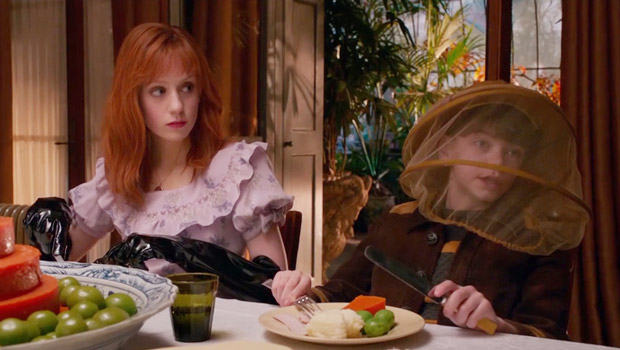
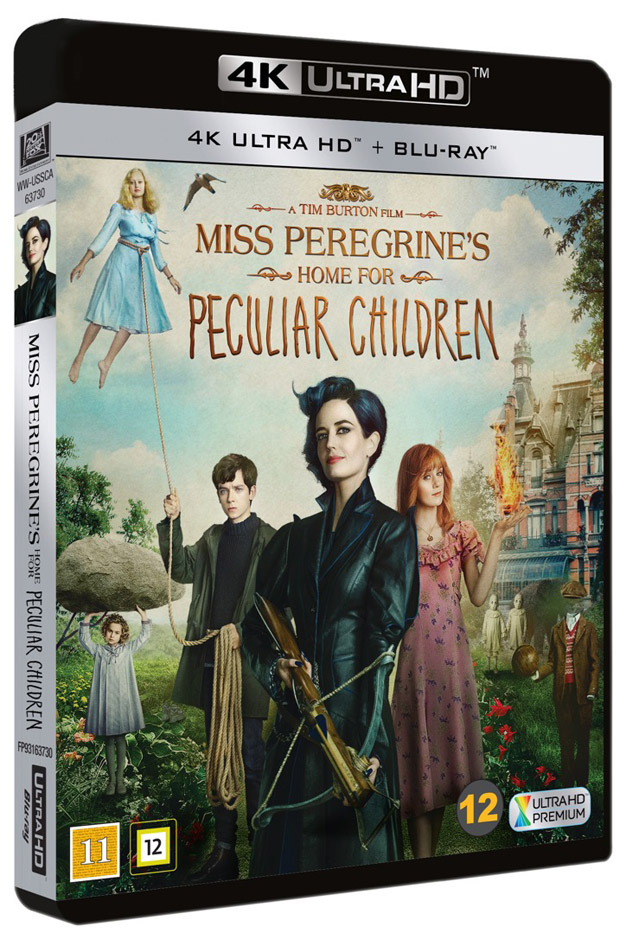
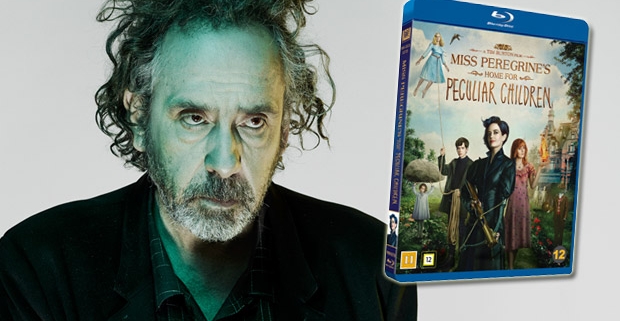







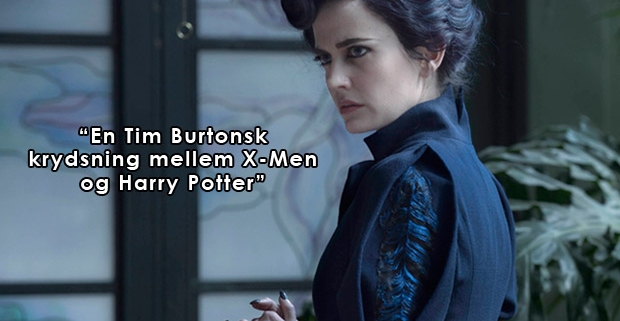
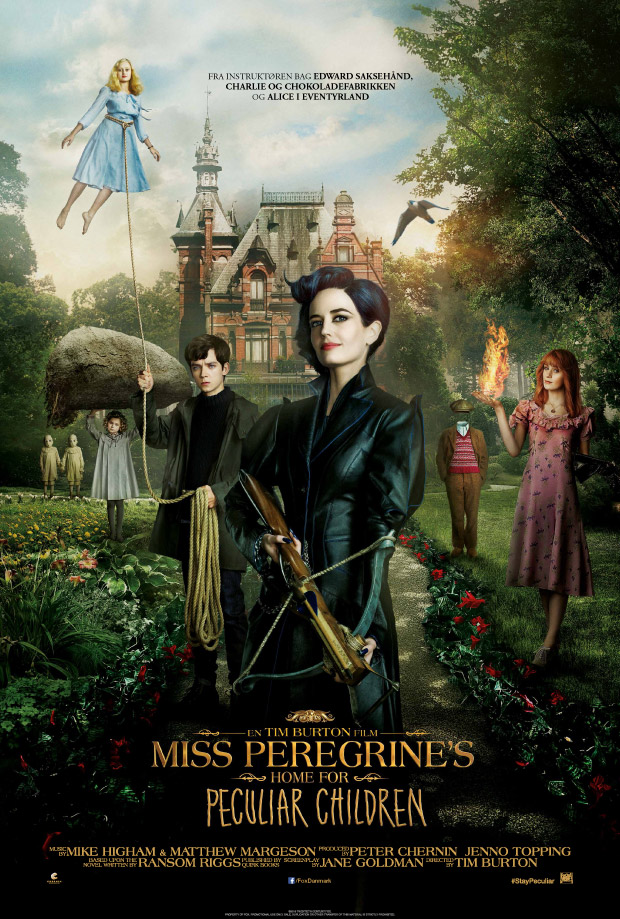 [tabgroup][tab title=”Miss Peregrine’s Home for Peculiar Children | Biografanmeldelse”]
[tabgroup][tab title=”Miss Peregrine’s Home for Peculiar Children | Biografanmeldelse”]